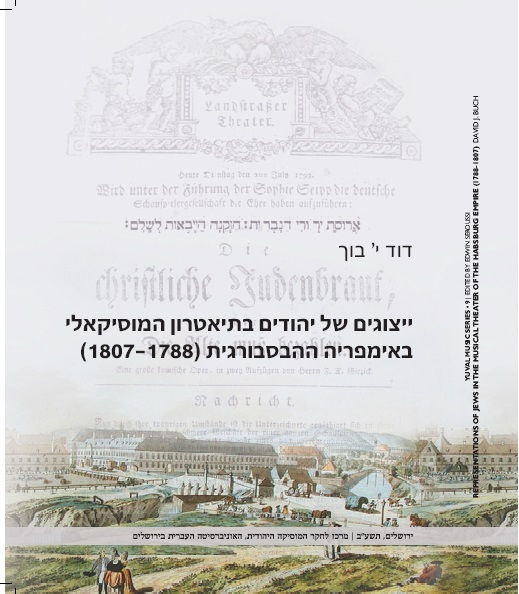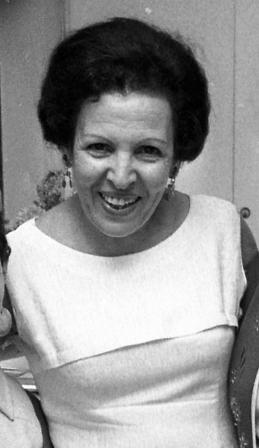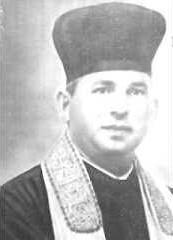2012
Representations of Jews in the Musical Theater of the Habsburg Empire (1788-1807)
Research on the image of the Jew in eighteenth-century literature and theater has not identified any musical parallels to contemporary representations of Jews in the spoken theater. Yet these parallels existed and exploring them sheds new light on the European perception of Jews at this time. David Buch’s new study offers the earliest identifiable musical depictions of Jews in European theater (specifically in the Habsburg Empire during the age of late Mozart and Haydn, 1788-1807). His volume contains the earliest known theatrical vocal pieces intended to replicate synagogue music. This music surfaces after the first positive Jewish characters began to appear on the German stage, presenting an alternative to the common stereotype of the Jew as an object of denigration. The new image of the “noble Jew” may have inspired a number of attempts to represent the unique character of Jewish music, now presented as a distinctly different (albeit exotic) alternative to the common musical style of the time. By the mid-1790s Jewish singers and musicians were even performing their traditional music on stages in Vienna and Budapest. Yet, as Buch’s study shows, the deprecatory representations of Jews on the stage persisted.
From the review by Joshua S. Walder, Music and Letters 94, no. 1 (2013), pp. 154-156: "These materials provide a valuable documentary source for scholars and musicians seeking to understand public perceptions of Jewish culture and music at this time, and the ways varied perspectives on the Jewish presence in Habsburg society were depicted in the composition of music for opera and other theatrical genres....Buch’s volume takes its place within an important and growing field of enquiry into the representation of Jewish characters, music, and voices in eighteenth- and nineteenth-century musical theatre... Historians of religious music, ...may now be able to distil from some of the less mocking of these operatic renderings of Jewish voices some evidence of the actual Jewish liturgical tradition. David J. Buch’s volume will facilitate future study of Central European compositional practice, Jewish religious music, and the complex interactions and negotiations between practitioners of both at the turn of the nineteenth century."







